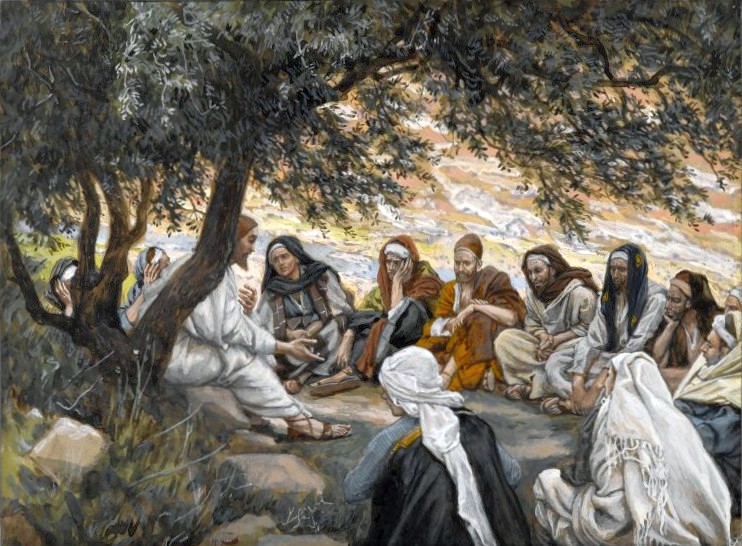
How well am I responsible for being a Follower of Jesus Christ?
05-01-2022Pastoral ReflectionsRev. Brian F. ManningThe major theme of the scriptures this weekend is about authority, in that all authority comes from God. It is made clear in the Old Testament reading that only God ruled over Israel and the kings held authority as a delegate of God. Sadly many of the kings of Israel forgot this simple truth. We also learn of the power and authority of Jesus in his ministry among the people. He certainly displayed unique power and authority. According to Matthew, the Gospel writer, when He says his “farewell”, He reminds them that “all power in heaven and on earth has been given to me” and that He now instructs his disciples to go “make disciples of all the nations”.
The readings of this weekend help illustrate authority; both divine and human are sometimes good and not so at other times. Our first reading clearly shows us that the Sanhedrin tended to be pragmatic and pretentious, somewhat self-serving, and self-contradictory. Consequently, their use of authority was sometimes good and sometimes not so good. It took Gamliel to make them moderate their thoughts and actions about the apostles. He stopped them from killing the apostles, yet his advice did not stop them from beating and whipping Peter and his companions.
Today’s passage from Acts gives us an idea of the apostles’ own exercise of authority and the responsi-bility that comes with that authority. The apostles are witnesses to the death and resurrection of Jesus. They cannot help but proclaim these saving events: “We must obey God rather than men!”
Our second reading from the Book of Revelation lifts up on high divine authority. We learn in the vision that the Lamb - the risen and glorified Lord - shares divine authority with the Holy One. Indeed they both together are praised by every creature “in heaven and on earth and under the earth and in the sea.”
Our Gospel passage is fast moving and ever shifting which contributes to showing the risen Lord touched everyone. Yet within this presentation more is going on than Jesus simply forgiving Peter for this triple denial of Christ. The Lord is actually conferring authority on Peter. Jesus is giving Peter the choice of whether he will accept this role of exercising authority and power as a Good Shepherd who guides, cares for, and keeps safe his flock which actually belongs to God. Jesus is actually telling Peter and others that genuine authority is based on love and service. This is how authority is shown in tending the flock of Christ.
We know that authority exists in everyone’s life. Some authority is by virtue of a job or position. Examples are a teacher, a public safety officer or a parent. We all usually have some authority, but are also subject to the authority of others. There is also another kind of authority and this is our own personal authority which is on being responsible for our own feelings, thoughts, and actions. This personal au-thority heavily influences who we truly are and how we relate to other people. Exercising personal au-thority is how we determine who we truly are. We do in fact make many choices in life. Sometimes people exercise personal responsibility and do not think about their choices, however they are still responsible.
The question of today’s scripture may very well be for you and me: “How well am I responsible for being a Follower of Jesus Christ?” Do I think and act in the Way of Life that He taught and showed us?
BACK TO LIST